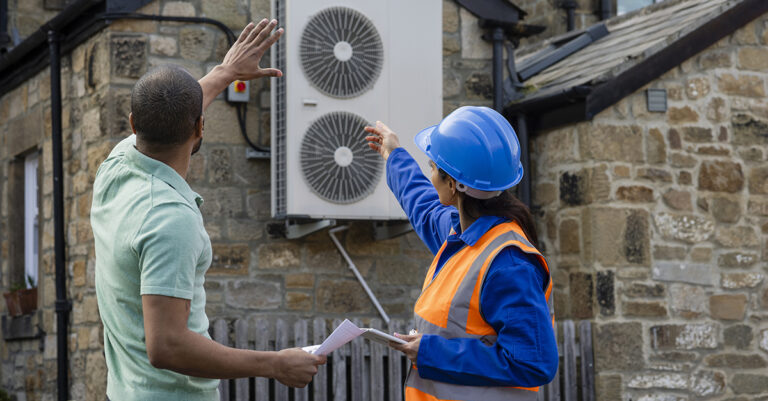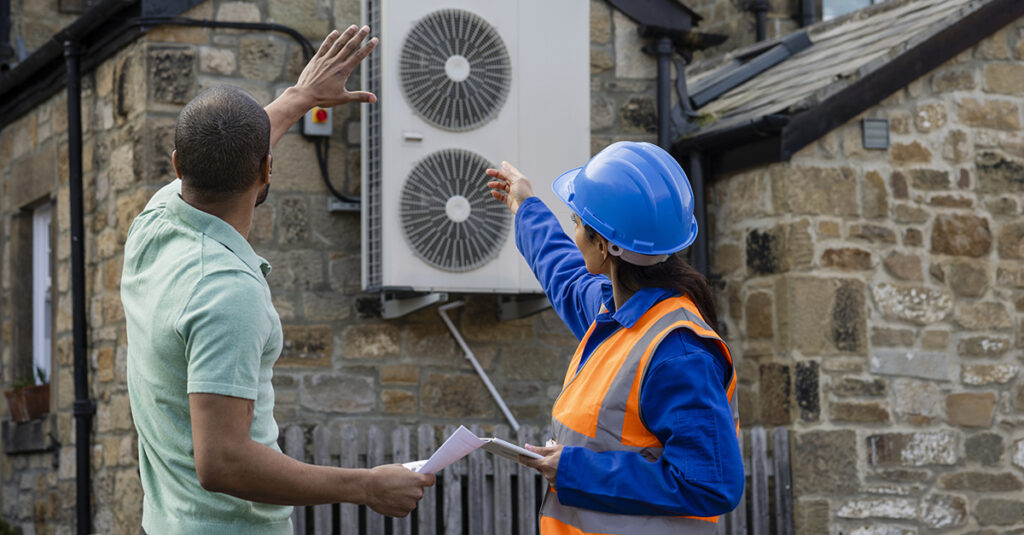Tax credits and tax deductions can offer significant savings, but many taxpayers overlook these opportunities. Tax deductions reduce your taxable income, while tax credits directly lower your tax liability. Often, taxpayers fail to claim all available credits or deductions, missing out on potential savings. Taking advantage of these can keep more money in your pocket this tax season, but it requires staying informed about what applies to your situation. Below are some commonly missed tax credits and deductions that could help reduce your tax bill.
Energy Efficient Home Improvement Credit
As climate change and energy conservation become more pressing, the federal government has introduced incentives to encourage homeowners to make environmentally friendly upgrades. If you’ve made Energy Star-certified improvements to an existing home, you may be eligible to claim this credit. Qualifying costs include:
- Exterior doors, windows, skylights, and insulation materials
- Biomass stoves and boilers
- Central air conditioners, furnaces boilers, water heaters, and heat pumps
- Home energy audits
Taxpayers can take a tax credit for 30% of the total improvement expense.
There is an annual limit of $1,200, with separate limits on certain expenses. Heat pumps are accounted for separately with a credit limit of $2,000. The credit is nonrefundable, but any credit that is not used in the current year will be carried forward to offset future tax liabilities.
Residential Clean Energy Credit
To support the adoption of renewable energy, the government offers financial incentives for homeowners who install clean energy systems. If you’ve added sustainable energy solutions to your home, whether new or existing, you may be eligible to claim this credit. Qualifying costs include:
- Solar, wind, and geothermal power generation equipment
- Solar water heaters
- Fuel cells
- Battery storage
Taxpayers can take a tax credit for 30% of the total improvement expenses with no annual or lifetime limit. This credit is also nonrefundable.
Student Loan Interest Deduction
Acknowledging the financial strain of higher education, the tax code offers relief for those repaying student loans through an interest deduction. You can deduct up to $2,500 in interest paid on qualified student loans, even if you don’t itemize your deductions. To qualify:
- You must have paid interest on qualified student loans during the tax year.
- Your modified adjusted gross income (MAGI) must be below a certain limit, which changes each year.
- You can’t be claimed as a dependent on someone else’s tax return.
If you paid $600 or more in interest, your loan servicer will send you a Form 1098-E. Use this form to report the interest on your federal tax return.
Maine Student Loan Payment Credit
To support recent graduates and encourage them to stay in the state, Maine has introduced a tax credit for borrowers making eligible student loan payments. This targeted credit aims to ease the burden of student loan debt while retaining educated young professionals in Maine. To qualify for this credit:
- You must be a Maine resident who obtained an associate, bachelor’s, or graduate degree after 2007 from an accredited Maine or non-Maine community college, college, or university.
- You must have a minimum amount of earned income.
- You must live in Maine and file a Maine individual tax return.
- If you are married filing jointly, you can each claim the credit.
This credit is limited to the lesser of the eligible student loan payments made or $2,500 annually, and up to $25,000 lifetime, per taxpayer. This credit is refundable if the amount of the credit is greater than your tax liability for the year.
Gambling Tax Implications
Gambling income can have significant tax implications that many taxpayers overlook. While it may seem like a casual activity, the IRS treats gambling winnings as taxable income, and losses can potentially offset some of that liability. Important consideration for taxpayers with gambling income to be aware of include:
- Gambling winnings are always taxable and must be reported on your tax return, even if you don’t receive a W-2G form.
- Gambling losses can be deducted up to the amount of your winnings if you itemize your deductions.
- Keep detailed records of your gambling activities to support any claimed losses.
Looking Ahead
There are numerous tax credits and tax deductions available that can significantly reduce your tax liability. With careful planning and attention to detail, you can take advantage of these opportunities to keep more money in your pocket. Beyond the credits and deductions covered in this article, there are many other incentives that could apply to your unique situation. To maximize your benefits and ensure you’re making the most of every available opportunity, consult with a qualified tax professional who can help you navigate the complexities of the tax code and tailor strategies that best fit your financial goals.
By Tiffany Wentworth, Morgan Bui, and Lexie Michaels






